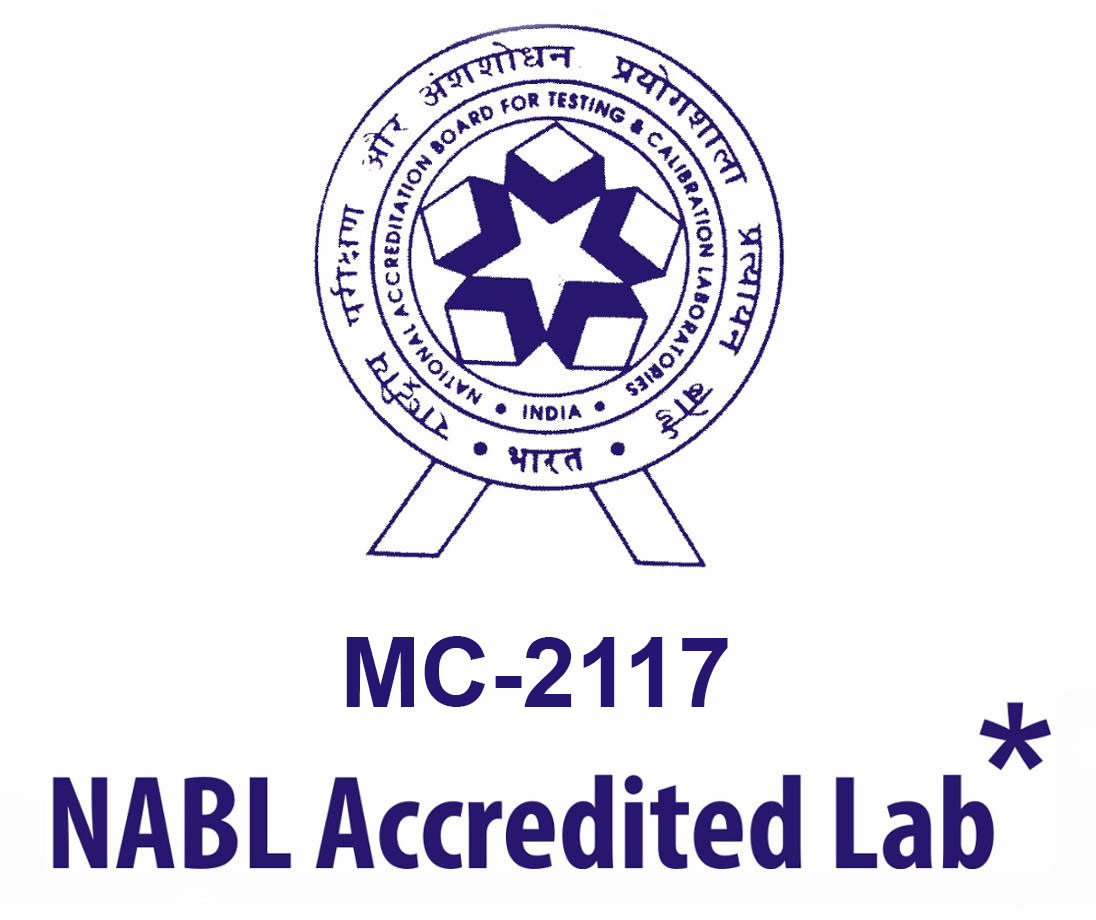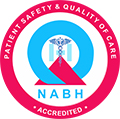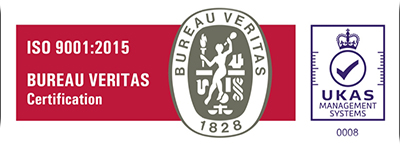Pregnancy is an adventurous journey for all mothers to be. It is a journey of excitement filled with anxiety, stress, tummy kicks, sleepless nights, special clothes, swollen feet, morning sickness and more. The journey begins the day your pregnancy is confirmed and continues till you see your baby healthy and fine. Every month or every trimester is different. There are a lot of questions in a mothers mind and we are so dependent on our gynaecologist and all the concerned scans to find out what’s going on inside and how our baby is doing. There are a few scans that will help us confirm our pregnancy and also the health of our baby. One of the important scans is the anomaly scan.
Anomaly is other than normal or usual. The anomaly scan is used to check for any kind abnormalities in the fetus. It is a scan that helps doctors identify any issues with the baby’s bones, brain, heart, face, spinal cord, abdomen and kidneys. A sonologist performs the scan to ascertain that there are known structural abnormalities in the baby. We are a leading diagnostic and scan centre in Chennai who provide excellent service for all kinds of scans and tests.
Important Points On Anomaly Scan
An anomaly scan must be performed for all pregnancies. But very few doctors recommend this scan. It can be performed as per the choice of the doctor who suspects the growth of the fetus. The scan is performed only between eighteen to twenty-four weeks. We usually suggest that this can be done somewhere between 18 to 20 weeks as if there is something wrong with the fetus, it cannot be aborted after the 20th week. The scan has its limitations. It cannot identify all the problems. It can help detect conditions like cleft lip, gastroschisis, anencephaly, diaphragmatic hernia, open spina bifida, serious cardiac abnormalities, lethal skeletal dysplasia, patau syndrome, bilateral renal agenesis, and Edward’s syndrome.
Also Read : A Detailed Study About Fetal Anomaly Done At Leading Anomaly Scan Centre In Chennai
A cardiac anomaly can be done only after the 20th week. Fetal echocardiography is performed in the 24th week to get closer and a detailed look at the cardiac structures. The result of the scan is checked for its severity. Issues like cleft lips can be rectified after birth and there need not be further action. If the defect found is untreatable or life-threatening, the doctor will inform you about it and may ask you to consider terminating the pregnancy. Most of the diagnostic centres, private and government hospitals will have facilities for this scan. The gynaecologist will be able to guide you based on your condition.
An anomaly scan in Chennai will cost around Rs 2500 to Rs 3500. In a government hospital, it might cost around 100 to 200 Rs. We do not do an anomaly scan on an empty stomach and also there is no restriction that it should be a full bladder. The person performing the scan can identify if there are any visible issues, and the report will be available within 2 days. There is no evidence of any kind of harm on the child or mother due to anomaly scan.
Other Facts About Anomaly Scan
The scan is just a reassurance that all is well with your child. We have highly experienced and trained professionals to perform this scan. However, not all abnormal conditions can be detected. A detailed scan will reveal only 50% of down syndrome. A detailed anomaly scan is performed on top of your tummy and takes about 30 to 45 minutes. If we find any issue as we scan, it will immediately be informed to the concerned doctors for further evaluation. The sonographer who is performing the scan will take you through the anatomy of the baby. The gender is also known through this scan which the sonographer will not convey. It is the best-kept secret.
If you are more concerned about chromosomal problems, the scan is capable of detecting subtle markers that indicate a high risk of this syndrome. Thickened skin behind the neck, short arms and legs, excess fluid in the kidneys, abdomen or cysts in the brain, bright areas in the heart are some of the markers that indicate chromosomal abnormalities.









